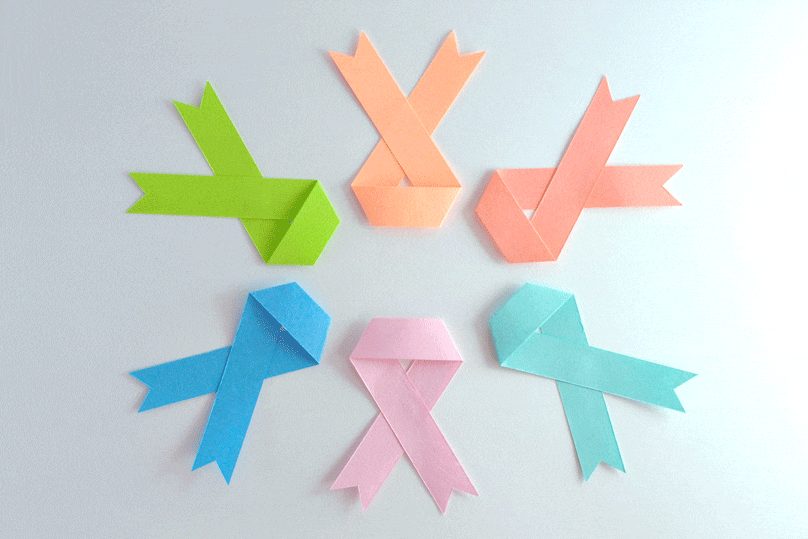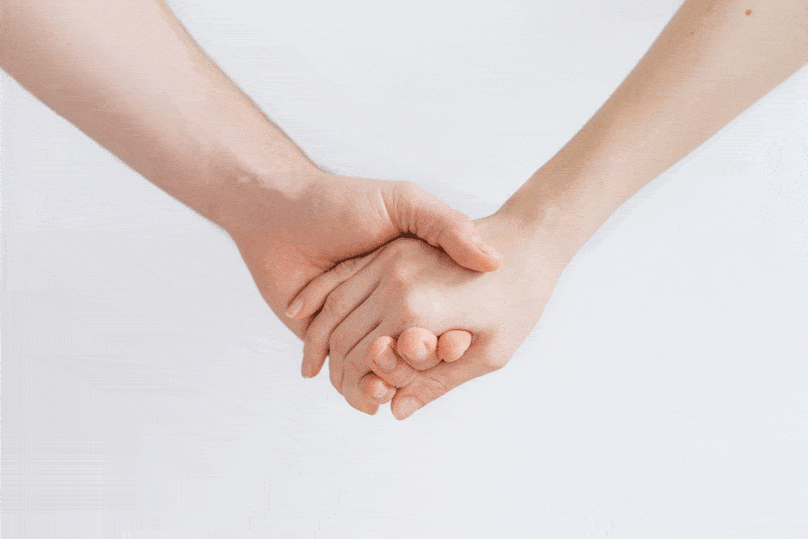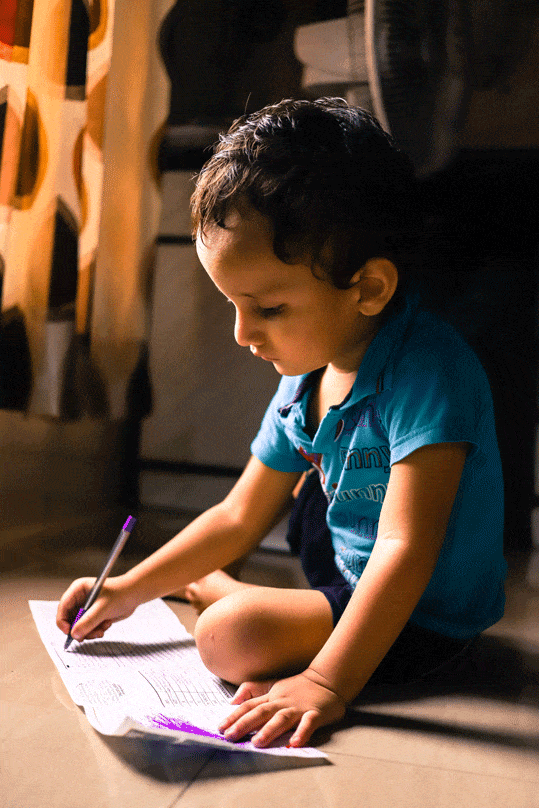
Remember awareness ribbons?
Several years ago, every cause had its own ribbon, which you were supposed to pin to your lapel, stick to your car bumper, or display on your T-shirt: breast cancer, prostate cancer, lung cancer, and every other kind of cancer. Plus vertigo, autism, homelessness, suicide, the plight of veterans and every other possible human malady – physical, emotional, and sociological. Some colours had to pull triple or quadruple duty or more.
People were defiantly proud of their ribbons. Occasionally, you’d earn a ribbon by donating money to a cause (research or something); but very often, the ribbon was just there to say to the world: The thing! I know about the thing! I’m special for knowing about the thing, unlike the rest of you.
And that’s not super helpful. If I’m languishing away with some arcane lymphatic disorder, I don’t feel one speck better when someone I never met is aware that such a disease exists. “Awareness” in isolation is worse than useless, and often digs a little pitfall of its own: Once we publicly state that we are aware of something, we can feel that we’ve done our job. We’re aware! We did it. Now what’s for lunch?
Back when these ribbons were ubiquitous, and back when I had a different understanding of what was wrong with the world, I made up an awareness ribbon to end all awareness ribbons. It was decorated with miniature ribbons of every colour, and each of them had even smaller ribbons festooning them, ad infinitum. I was, I declared, now aware of absolutely everything, and no longer needed to have my awareness raised.

In recent years, people have become impatient with awareness for the sake of awareness, and we see more demands for actual action. Sometimes that action is donating money; sometimes it means making phone calls to our representatives in government; sometimes it means signing petitions (which is perilously close to useless); sometimes it means what is probably most useful of all: Signing up to donate meals, or food, or blood, or cash to individuals who are suffering, now that you’ve become aware of their suffering.
But beyond material help, are there benefits to awareness, and the spreading thereof? I didn’t use to think so, but I’ve changed my mind. That’s largely because of social media.
It’s all too easy, when you’re surrounded only by people whose lives look like your own, to imagine that this is what everyone’s life looks like. It’s all too easy to imagine that you life is what life ought to look like, and that you deserve credit for living that best life. It’s a far better thing to have constant reminders that there are more kinds of lives than you can count, and that the burdens and joys of other people may be wildly different from yours, but they are no less real.
The internet, with its peculiar knack for putting private lives on display, has introduced me to so many people I never would have met in person. I now have a glimpse into so many lives, with their suffering and joys. It’s sometimes overwhelming, but also spectacularly instructive. Now that I’m aware, I can’t pretend not to be.
And here is the value of that nebulous concept “awareness.” In itself, it doesn’t do much. I’m aware; so what? Instead, we should think: I’m aware. Now what? No one can donate money or goods to every worthy cause. But that doesn’t mean we have a choice of donating or doing nothing. We can, as it were, donate part of our perception of the world, and let what we see change us.

When we are more cognisant of all the myriad kinds of suffering that are out there, it can make us more sympathetic to the world and its secret pain. For example, because I have so many friends with children who are not neurotypical, I no longer assume that a wild or noisy child is just rotten or poorly-disciplined. I remind myself that I have no idea what this child and this parents’ burdens may be. Or in some cases, I do have some idea, and I’m in awe that their parents continue to get up in the morning and shoulder their yokes so willingly. Many diseases and disabilities are invisible, or even masquerade as personal failings. Awareness reminds us that things are not always what they seem, and it doesn’t hurt to extend the benefit of the doubt to strangers.
Awareness of suffering can lead to greater awareness of our own good fortune. Sometimes, after a day of reading about the mind-bending struggles of the chronically ill, I reel with disbelief at how lucky my own family is, to have dodged so much misfortune. We have our sorrows and our setbacks, but we are all more or less healthy, more or less sane, more or less stable. Some people never have that and never will. It’s good to be consciously aware of how remarkable it is to be able to sleep at night, to eat what we like, to work, to play, to drive a car, to learn. We have no right to health, to ease, to convenience. If we have these things, we should rejoice.
And of course we can pray. We can pray for an end to specific diseases; we can pray for skill and confidence for doctors as they treat their patients; we can pray that the hearts of landlords and employers and legislators will be softened as they make accommodations for those in need; we can pray that the ones we care about will be comforted and encouraged; and we can pray for the strength and generosity to help.
In short, awareness, like so many human experiences, is what we choose to make of it. It can be a meaningless platitude; it can be an excuse for inaction; or it can be the first step to understanding and relating to each other on a deeper level, just as we are supposed to do.
